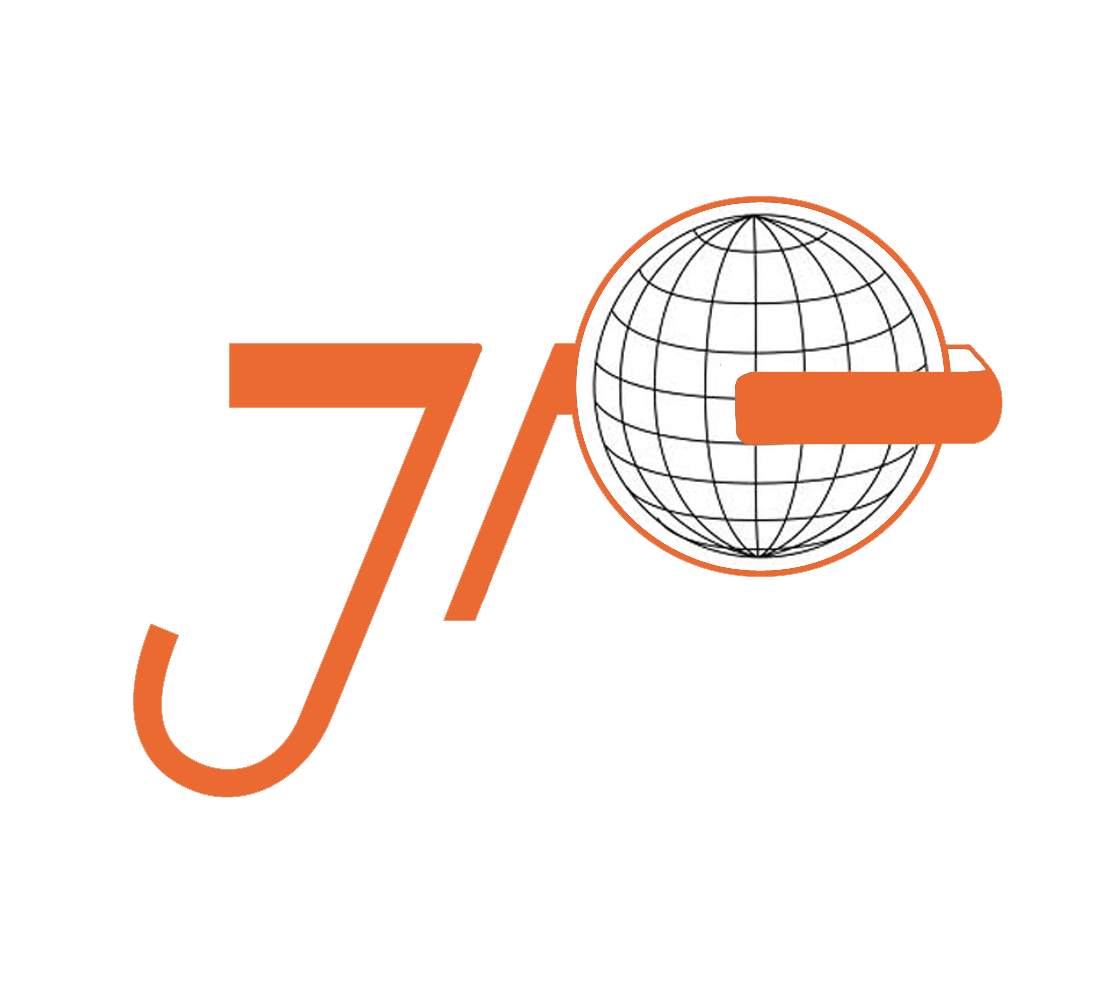The Euskera Resurgence
There is a resurgence of linguistic tradition brewing in the Basque region of Spain. A 2016 study concluded that 34% of people in Spain’s Basque region spoke Euskera, the native language of the Basque region of Spain, which is an increase from just under 25% in 1991. The more impressive increase is of Basques under the age of 25 who speak Euskera from 25% to now over 70%.
Euskera was banned throughout much of the four-decade dictatorship of Francisco Franco, whose determination to impose a uniform culture on the country included ensuring the use of Castilian Spanish, to the exclusion of regional languages in areas such as the Basque Country, Catalonia and Galicia. During that time, Euskera was confined to smaller towns and villages and used cautiously.
It wasn’t until the 1960s, as the end of the dictatorship approached, that the policy became more lenient. Basque schools, or ikastolas, were created and the language started to enter the mainstream. Today there are 2 entire generations who can communicate with their children in Euskera as the school system has made the push ensuring its survival. The standardization, at the end of the dictatorship, of a language with many dialects also boosted its use and the nationalist governments that have dominated Basque politics in recent years have made the study of Euskera to the forefront of the culture.
The origins of Euskera remain a matter of debate to this day. Its unusual syntax and reliance on a barrage of prefixes and suffixes make it distinct to the Latin-based languages prevalent in southern Europe. Its shrouded history has given way to some odd theories including the claim by historian Esteban de Garibay that Noah’s grandson, Tubal, brought the language to the Basque Country. That notion has long been ruled out, but links have also been made with Caucasian and Berber languages of North Africa.
But while Euskera has enjoyed a steady resurgence in recent years, it has also been the cause of political discord. On June 2nd, thousands of people demonstrated on the streets of Pamplona, against what they saw as the imposition of Euskera in the region’s public institutions. The opponents of the language’s spread have linked it to extreme nationalist politics, but Basque nationalists insist there is room for both Spanish and Euskera.
We hope you've enjoyed learning about The Euskera Resurgence! What are your thoughts on the reemmergance of popularity of the Euskera language? Do you believe it can exist side by side with the Spanish language? Join the conversation below!

